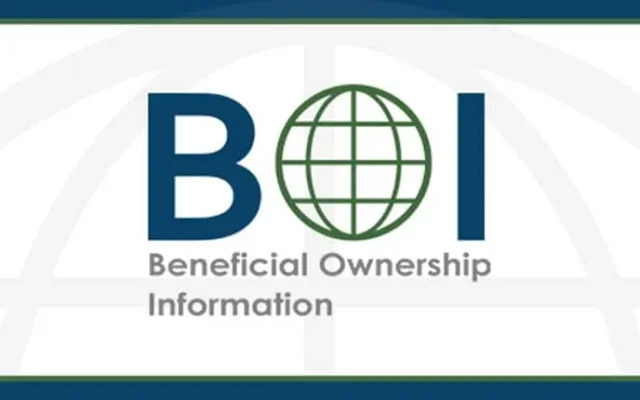
With April 15th just around the corner, we’re officially knee deep in tax season. As people and businesses crunch numbers, some may question whether or not they really have to face and comply with certain tax obligations. The answer is yes, or else you just might find yourself subject to federal criminal charges involving tax evasion.
How Does Federal Law Define “Tax Evasion”?
Per federal statute 26 U.S.C. 7201, people or companies commit tax evasion if they willfully underpay or refuse to pay their tax obligations. Consider, for example, a company that faces significant tax liabilities but has no investments or legitimate expenses to claim as business deductions. To help reduce tax implications, the company’s owners falsify the business’s books to make it appear that the company suffered substantial losses (which can be written off). Here, the owners reduce the business’s tax liabilities and could therefore face criminal charges of tax evasion.
Tax evasion is a felony offense. The crime is punishable by:
- custody in a state prison for up to five years, and/or
- a maximum fine of $100,000.
If a company violates 26 U.S.C. 7201, then it faces a maximum fine of $500,000 rather than $100,000.
Tax Evasion vs. False Statements on a Tax Return
Tax evasion is a separate and distinct offense from a person making false statements on an income tax return. The latter is a federal crime under 26 U.S.C. 7206(1). False statements include omitting information on a tax return. Violations of this law are felony offenses punishable by years in state prison and significant fines.
Smart Tax Planning Does Not Arise to a Federal Offense
You will not face criminal prosecution if you attempt to minimize your tax liabilities through lawful means. For example, it is perfectly legal for an individual or company to:
- Claim legitimate business expenses,
- Structure a company in a way that places the business in a more favorable tax bracket, or
- Categorize assets in a more favorable way than normal.
If you’re not using deceptive means to purposefully escape certain tax obligations, you’re most likely not crossing the line into federal offense territory. However, to help ensure that you’re acting in accordance with all laws and regulations, it’s critical that you contact a skilled:
- Accountant,
- Tax preparer, or
- Tax attorney.
Contact The McWilliams Law Group for Help
We help individuals and businesses navigate complex IRS rules and develop appropriate strategies to reduce tax burdens. The McWilliams Law Group handles all tax law matters, including tax preparation, filing returns, IRS audits, and litigation. Our skilled tax attorneys represent clients in the Irvine area and throughout California and Washington State. Do yourself a favor and contact our gifted team of tax lawyers today.


